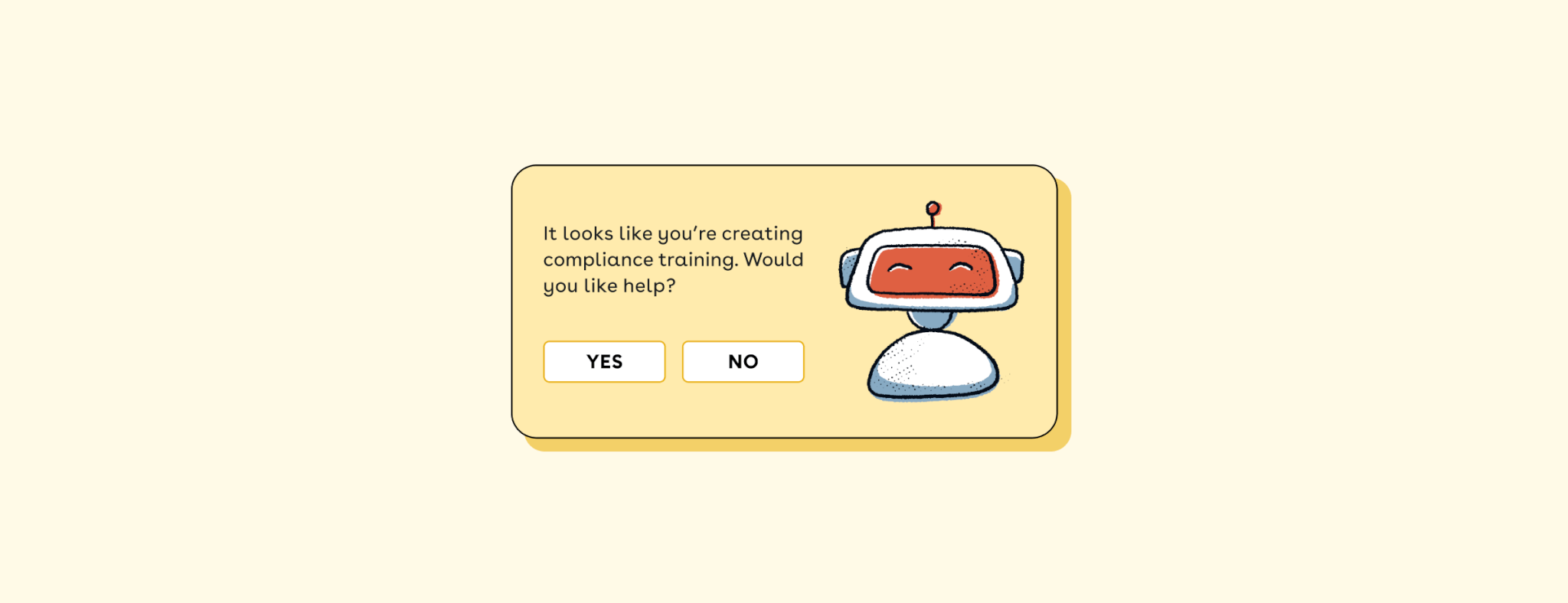As an HRBP, making the most of your 1:1s with your stakeholders is critical to your success. This is your opportunity to demonstrate your full breadth of expertise while rooting out underlying issues — to build the kinds of long-term relationships and trust necessary to do your job effectively: to influence without authority, to get buy-in and partnership on People initiatives, and ultimately, to drive change across the company.
Unfortunately, too many HRBPs don’t know where to start. After all, how do you help someone who doesn’t come to you for support? How do you help mitigate challenges and maximize opportunities when you’re left out of critical discussions and only ever brought in once it’s time for damage control?
The answer, of course, lies in coming to your 1:1s prepared with the right questions. In this blog post, we'll explore the importance of partnering with leadership, and provide a list of 15 questions (sorted by category) for you to lean on in your next HRBP check-in.
Let's dive in.
The power of partnership
While HRBPs and business leaders operate in distinct spheres, collaboration between the two is truly where the magic happens. By forging a strong working relationship, HRBPs can leverage leaders' unique perspectives and skills to achieve shared objectives. Here are a few other reasons it's so important that HRBPs to know how to effectively partner with business leaders:
1. Strategic alignment
HRBPs must understand the business's strategic priorities and align HR initiatives accordingly. By actively participating in strategic discussions and planning sessions, HRBPs can ensure that HR strategies support broader business objectives. This alignment fosters a culture where HR is perceived not as a separate entity but as an integral part of the business.
2. Data-driven insights
HRBPs possess a wealth of data related to workforce metrics, employee engagement, and performance. By analyzing this data and providing insights to business leaders, HRBPs can inform decision-making and drive continuous improvement. From identifying talent gaps, to predicting future workforce needs and addressing retention challenges, data-driven insights empower business leaders to make informed decisions.
3. Talent management
Attracting, retaining, and developing top talent is critical for organizational success. HRBPs play a central role in talent management by partnering with business leaders to identify key talent needs, succession planning, and leadership development initiatives. By supporting a culture of continuous learning and development, HRBPs and business leaders can ensure that the organization has the talent it needs to thrive in a competitive landscape.
4. Change management
Change is inevitable, and HRBPs need to know how to adapt. Whether it's implementing new technologies, restructuring teams, or navigating market disruptions, effective change management is essential. HRBPs can support business leaders by providing expertise in change management principles and helping to mitigate the impact of change on employees. By communicating effectively, soliciting feedback, and providing resources for adaptation, HRBPs and business leaders can navigate change more smoothly.
5. Employee engagement
Engaged employees are more productive, innovative, and committed to the organization's success. HRBPs partner with business leaders to foster a culture of engagement by promoting open communication, recognizing and rewarding achievements, and creating opportunities for employee development. By prioritizing employee well-being and satisfaction, HRBPs and business leaders can create a positive work environment where employees feel valued and motivated to contribute their best.
15 HRBP questions to ask leaders
Got a meeting with a stakeholder coming up? Fear not — here's our go-to "cheat sheet" with 15 HRBP questions to ask leaders.
Executive coaching
- On a scale of 1-5, what have your stress levels been this past quarter? What would it take to get that number down?
- On a scale of 1-5, how motivated are you when you log into work every day? What would it take to get that number up?
- How would your team characterize your top strengths and growth opportunities as a leader? What data tells you this, and how are you leveraging this information in your everyday leadership?
- Who is someone on the leadership team you admire? Why?
- What recent mistakes or hiccups are eating away at you?
Team health pulse-check
- What are the most significant risks to your team right now?
- Who are your strongest players, and what are you doing to retain them?
- When is your team at its best? When is it at its worst?
- On a scale of 1-5, how effectively does the leadership team partner with each other?
- What are your top priorities right now? What keeps you up at night?
Partnership optimization
- How do you define the role of an HRBP? What value do you believe they bring to an organization?
- What have your previous HRBP relationships looked like? What worked? What didn’t?
- When have I been most helpful? When have I been least helpful?
- How could I be most helpful to you over the next 3-6 months?
- Which People initiatives have you found most helpful? Least helpful?
The final word
You don’t need to try and jam in every question or category in each of your HRBP 1:1s, but the more you incorporate one or two of these questions per session, the more your stakeholders will start to associate you with supporting in these areas. Eventually, they’ll start to proactively bring these discussion topics to the table on their own.
About Ethena
Ethena’s all-in-one compliance training platform helps you check all your boxes and build a better workplace. Our product gives you a catalog of courses employees will actually like, an LMS that automates their delivery, and employee relations tools to support your team through tricky situations.
Ethena is trusted by teams at Zendesk, Pinterest, Notion, Rothy’s, and more. We’re backed by Felicis, GSV, Homebrew, Village Global, and other top investors, and our advisory team includes People Ops and Legal experts like Frances Frei and Leonard Shen.











